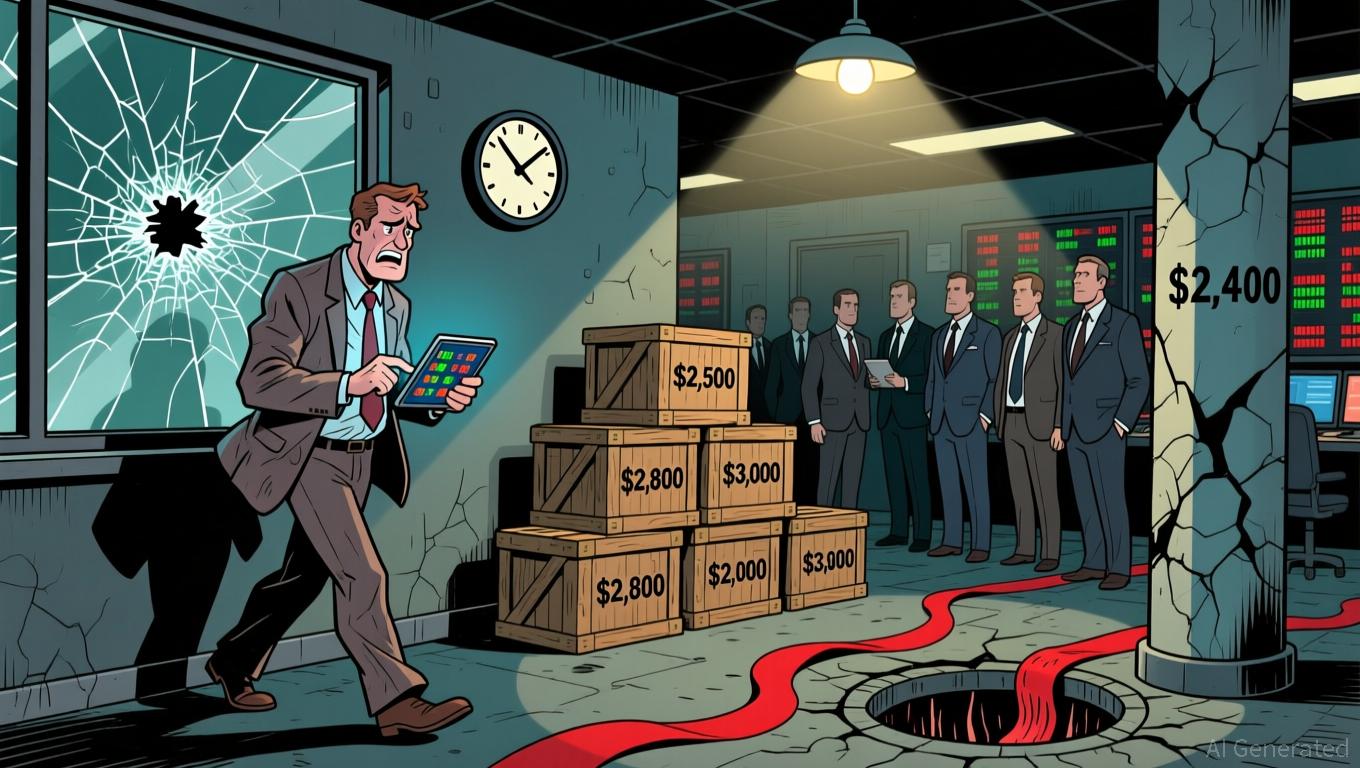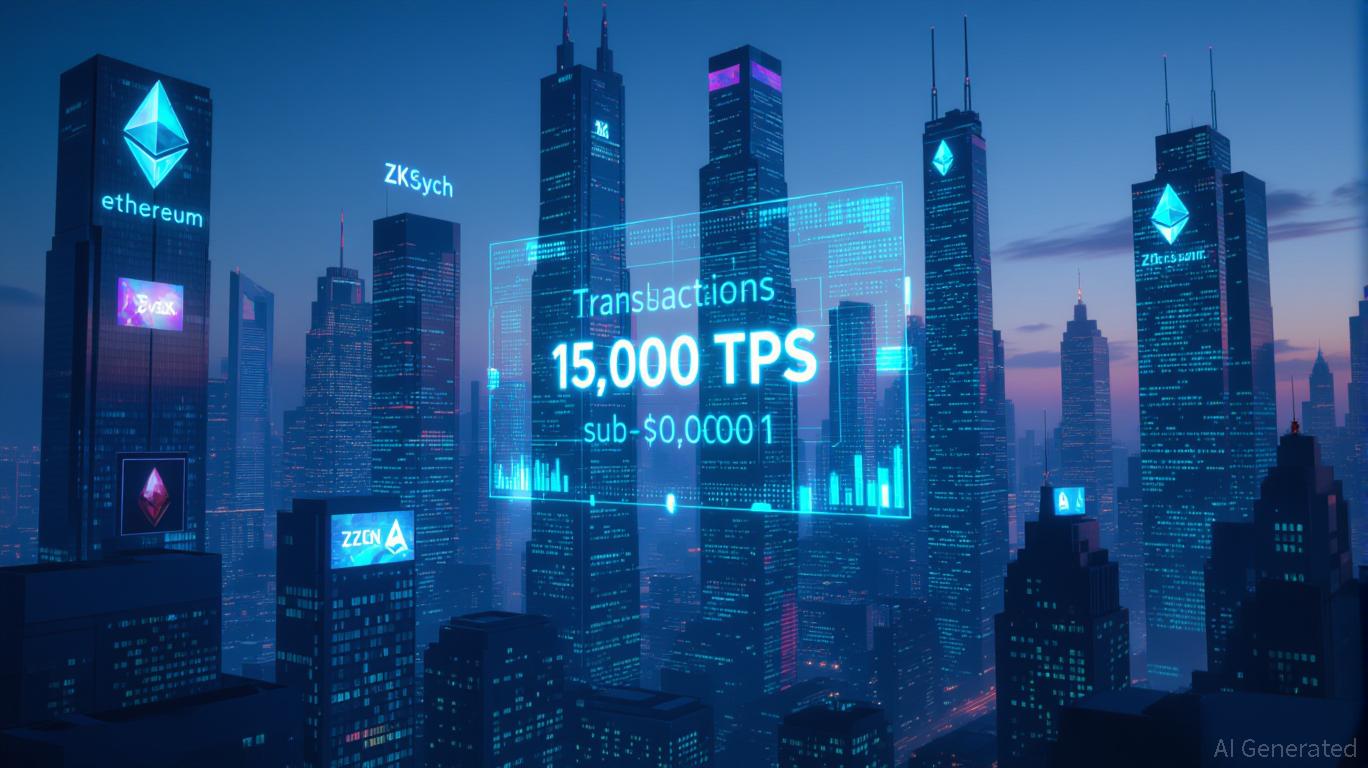- Sunny Lu once lost Bitcoin in a World of Warcraft scam
- He later founded VeChain, a major blockchain platform
- His experiences shaped his focus on transparency and trust
From Virtual Scams to Blockchain Leadership
Sunny Lu, the founder and CEO of VeChain, didn’t begin his crypto journey in a typical way. In a recent interview with Cointelegraph Magazine, Lu opened up about a rather unusual starting point: getting scammed for Bitcoin during his days playing World of Warcraft. That early experience with digital currencies and online fraud became a key turning point in his understanding of blockchain technology’s potential—and risks.
Long before leading one of the top enterprise-focused blockchain projects, Lu was just another gamer fascinated by digital assets. At the time, Bitcoin wasn’t well-known, and losing it in an in-game trade might have seemed trivial. But that experience planted the seed for a deeper interest in how trust and transparency could be built into digital systems.
VeChain: A Vision Rooted in Trust
Years after that incident, Sunny Lu transitioned from the fashion industry—where he worked as an executive at Louis Vuitton China—into the blockchain space. His goal? To create a system that ensured authenticity, traceability, and trust. That vision led to the creation of VeChain, a blockchain platform designed to improve supply chain transparency.
Today, VeChain powers real-world solutions, especially in industries like logistics, sustainability, and luxury goods. Under Lu’s leadership, the project has partnered with major global companies to enhance transparency and efficiency using blockchain tech.
Lu’s personal journey—marked by early scams, career shifts, and bold innovation—continues to shape VeChain’s focus. Rather than seeing blockchain as just a financial tool, he envisions it as a way to improve everyday business practices and build a more trustworthy digital economy.
Lessons from the Past, Building the Future
What stands out about Sunny Lu is how he transformed a negative experience into a lifelong mission. The World of Warcraft scam didn’t just cost him Bitcoin—it sparked a passion for building something better. His story is a reminder that even setbacks can fuel success when paired with vision and persistence.
Lu’s approach to leadership is grounded in real-world impact. VeChain isn’t chasing hype—it’s delivering value through blockchain technology, one use case at a time. And it all started with a scam that turned into a story of redemption and resilience.
Read Also:
- Polymarket Gets CFTC Nod for U.S. Market Expansion
- Texas Becomes First U.S. State to Invest in Bitcoin
- BTC Capitulation Spike Signals Possible Market Bottom
- Singapore Exchange Launches BTC & ETH Perps with $35M Volume
- Klarna Launches KlarnaUSD Stablecoin on Stripe Chain



